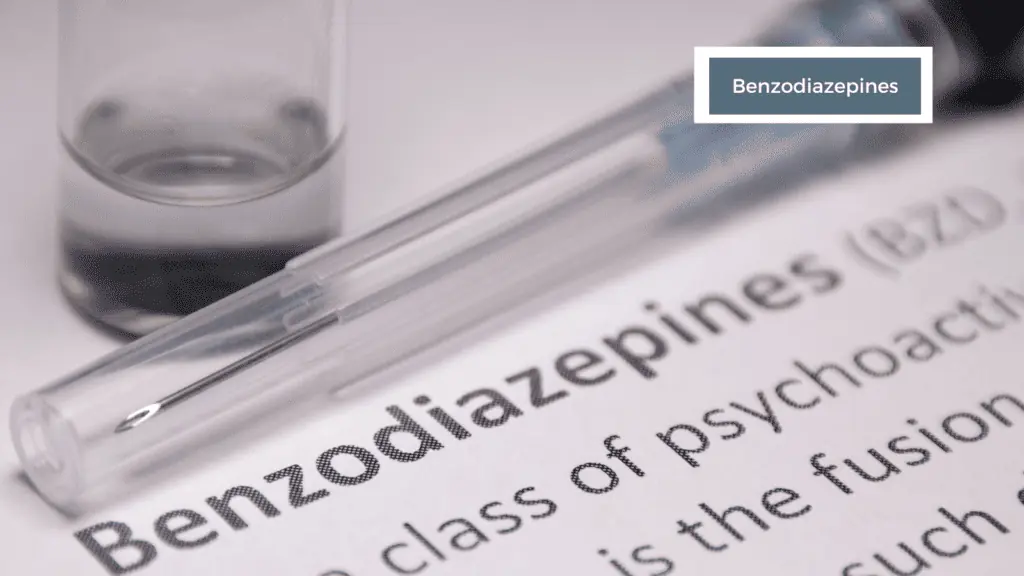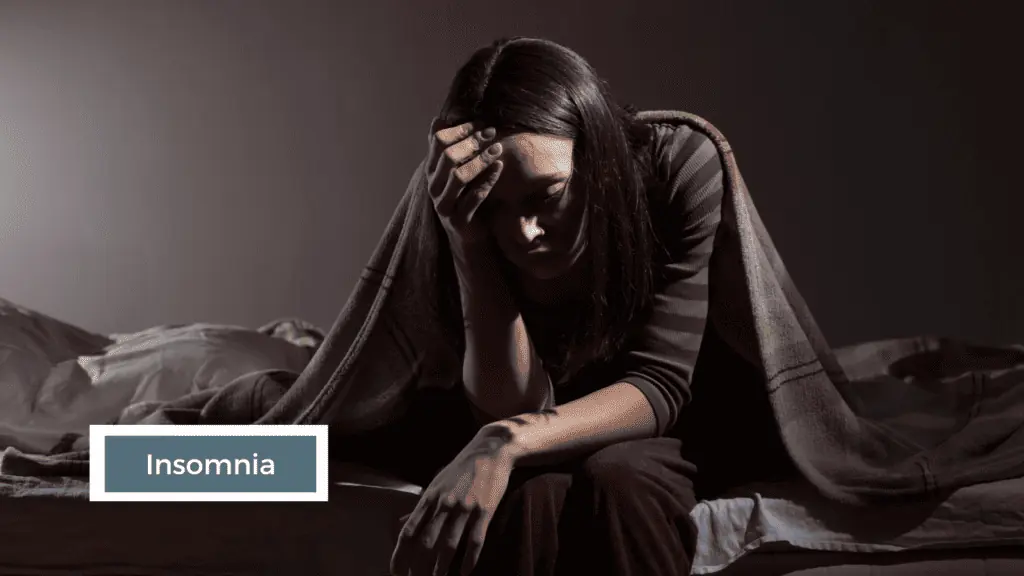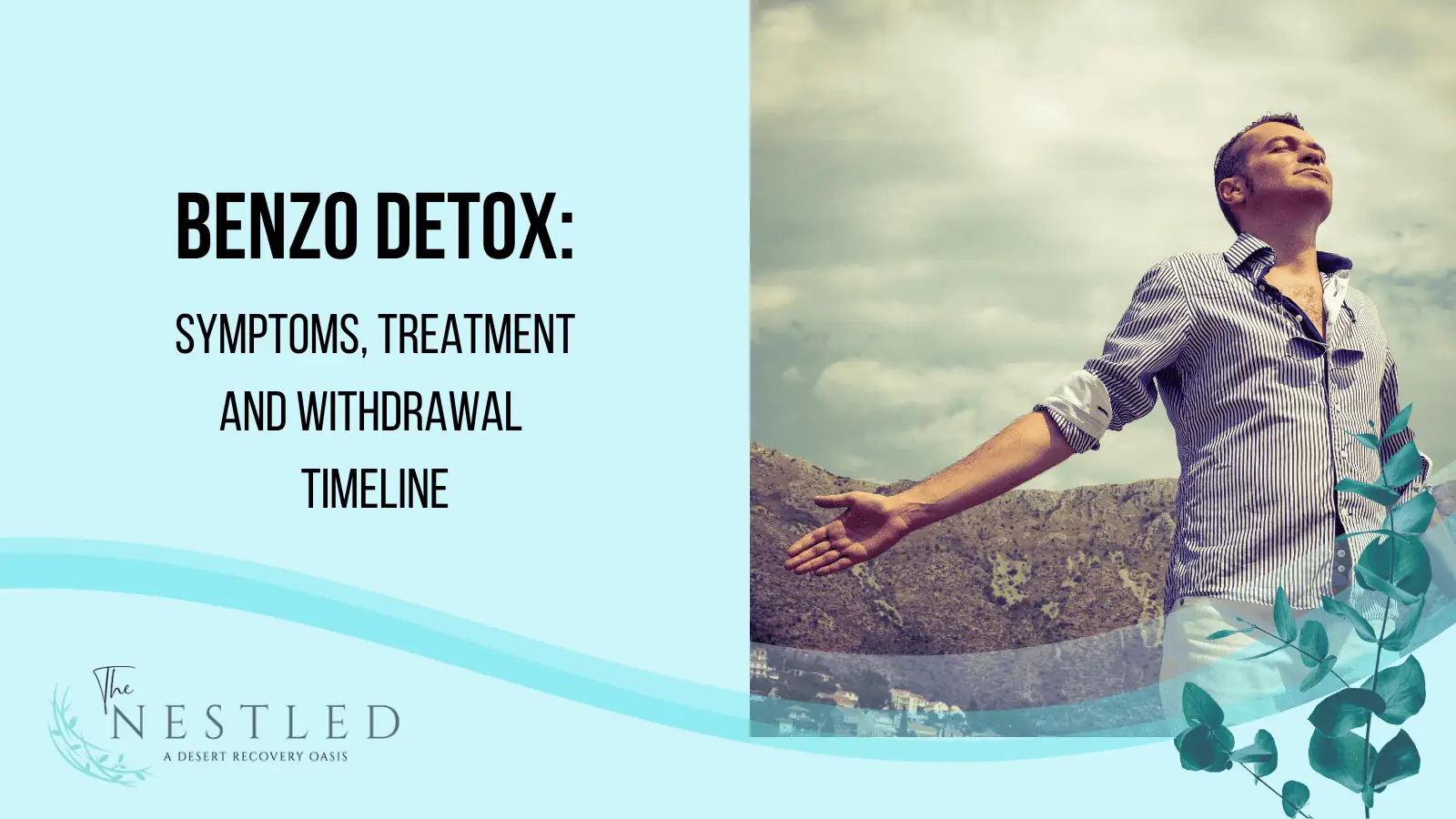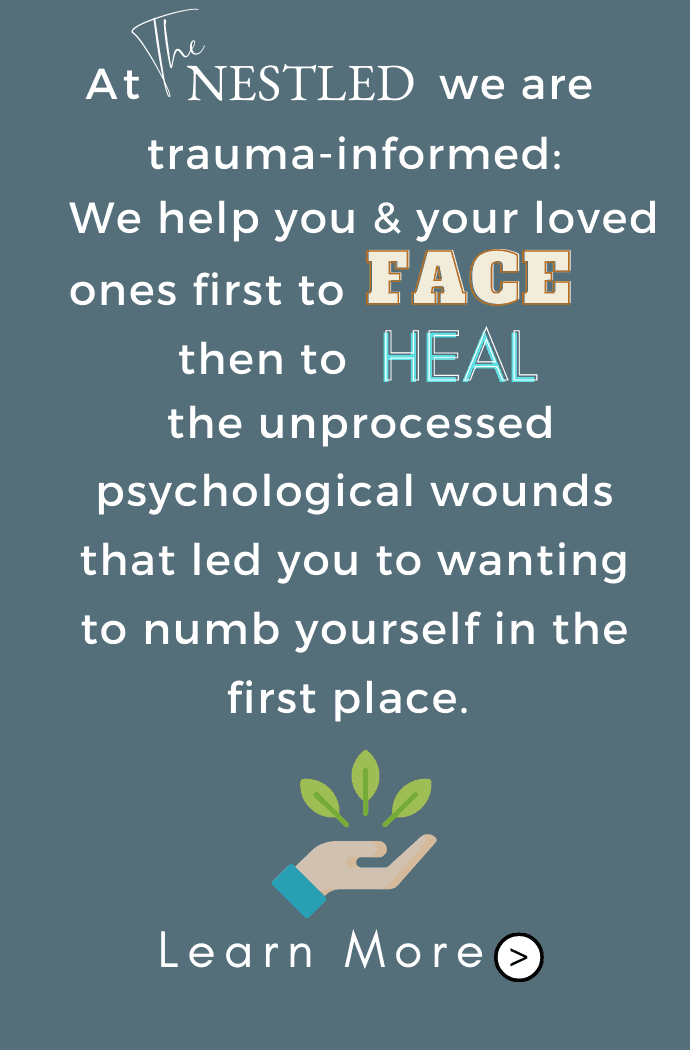Addiction can feel overwhelming, especially if you or someone close to you is about to embark on this journey. It’s a path many have tread, often shrouded in uncertainty and worry. Recognizing this, you’re likely seeking clarity and solidarity.
Benzo detox is the period of managing withdrawal symptoms following the cessation of benzodiazepines – a group of drugs frequently prescribed for anxiety, insomnia, and other similar conditions. Detoxifying from benzodiazepines is medically critical, demanding close monitoring because of the varied and serious potential withdrawal symptoms, from mild anxiety to severe seizures.
Treatment generally includes tapering off the drug, often with additional medications to alleviate withdrawal symptoms and safeguard overall health. Understanding the symptoms, timeline, and treatment options for benzo detox is crucial for effective management and preparation for those undergoing or supporting someone through this complex process.

What Are Benzo’s or Benzodiazepines?
Benzos are a class of prescription drugs commonly used to treat anxiety, insomnia, and certain medical conditions. People often turn to Benzos for relief from anxiety disorders, panic attacks, and sleep disturbances due to their calming effects.
Detoxification from benzos is necessary when an individual’s body becomes dependent on these drugs, leading to physical and psychological withdrawal symptoms upon cessation. Medical supervision during Benzo’s detox is crucial to ensure safety, as withdrawal can be unpredictable and, in some cases, life-threatening.
Benzo Detox Symptoms: Physical and Psychological
A. Physical symptoms:
- Nausea and vomiting: Nausea and sometimes vomiting are common physical symptoms during benzo detox. These symptoms can contribute to dehydration and discomfort during the withdrawal process.
- Sweating and tremors: Profuse sweating, along with tremors or shaking, often occurs as the body attempts to readjust to the absence of benzos. Sweating can lead to electrolyte imbalances, which may require medical attention.
- Muscle pain and stiffness: Individuals undergoing benzo detox may experience muscle aches and stiffness, which can be painful and affect mobility. This discomfort can be attributed to the body’s response to withdrawal.
- Insomnia and restlessness: Insomnia, characterized by difficulty falling or staying asleep, is a common withdrawal symptom. Restlessness and an inability to relax can contribute to sleep disturbances and heightened anxiety.
B. Psychological symptoms:
- Anxiety and panic attacks: These are hallmark psychological symptoms of benzo withdrawal. These symptoms can be intense and challenging to manage, often necessitating therapeutic support.
- Depression and mood swings: Individuals in benzo detox may experience periods of depression, sadness, or mood swings. These emotional fluctuations can be distressing and may require psychological intervention.
- Hallucinations and delirium: In severe cases of benzo withdrawal, particularly when quitting high doses or after prolonged use, hallucinations and delirium may occur. These symptoms are more likely in cases of benzodiazepine withdrawal associated with alcohol or polydrug abuse.
How Long Before Benzo Withdrawal Symptoms Show?
Withdrawal symptoms from benzodiazepines generally start to appear within 24 hours to a few days after stopping the drug. The exact onset can vary based on the half-life of the specific benzodiazepine in question – shorter-acting types may trigger symptoms more quickly than longer-acting ones. Additionally, factors like dosage, duration of use, and individual physiology play a crucial role in determining the timing and intensity of the withdrawal symptoms.
- Immediate symptoms: Some individuals may experience immediate symptoms upon discontinuing benzo use, such as heightened anxiety or rebound insomnia. These symptoms can manifest within hours of the last dose.
- Early withdrawal: These symptoms typically emerge within the first few days after quitting benzos. This phase is characterized by increasing intensity of physical and psychological symptoms.
- Peak withdrawal: The peak of withdrawal symptoms often occurs within the first week to ten days. This is when individuals may experience the most intense discomfort and emotional distress.
- Post-acute withdrawal syndrome (PAWS): PAWS refers to the prolonged, intermittent symptoms that can persist for weeks or even months after the initial withdrawal phase. Symptoms during PAWS can vary and may include residual anxiety, depression, and sleep disturbances, though they gradually subside over time.

What Are The Treatment Options for Benzo Detox?
For benzo detox, key treatments include medically supervised tapering of the drug, adjunct therapies such as psychological support, and medications to ease withdrawal symptoms. Holistic approaches like acupuncture, mindfulness, and exercise, as well as inpatient rehabilitation programs, can also play a vital role in comprehensive treatment strategies.
A. Medical detoxification:
- Inpatient vs. outpatient settings: Inpatient medical detox is often recommended for individuals with severe benzo addiction or co-occurring medical or psychiatric issues. Outpatient detox may be suitable for those with milder dependencies and a strong support system at home. The choice between inpatient and outpatient detox should be determined by the individual’s needs and the severity of their addiction.
- Medications for symptom management: Medical professionals may prescribe certain medications to manage the uncomfortable symptoms of benzo withdrawal. Medications like diazepam (a long-acting benzo), anticonvulsants, or medications to address specific symptoms like anxiety or insomnia may be used. The goal is to alleviate discomfort and ensure a safer withdrawal process.
B. Therapeutic support:
- Individual counseling: One on One counseling, such as cognitive-behavioral therapy (CBT), is a fundamental aspect of benzo detox treatment. It helps individuals address the psychological aspects of addiction, identify triggers, and develop coping strategies. Counseling sessions provide a safe space to explore underlying issues contributing to addiction.
- Group therapy: These sessions offer individuals the opportunity to connect with others facing similar challenges. Sharing experiences and insights in a group setting can foster a sense of community and reduce feelings of isolation. Group therapy provides additional support and helps individuals learn from others’ experiences.
C. Holistic approaches:
- Nutrition and hydration: Proper nutrition and hydration are essential during benzo detox as they can aid in the healing process. Nutrient-rich foods and adequate hydration can help stabilize mood, reduce physical discomfort, and support overall well-being.
- Exercise and relaxation techniques: Incorporating regular exercise into the detox process can help reduce stress, improve sleep, and boost mood. Relaxation techniques such as deep breathing, mindfulness, and meditation can also be effective in managing anxiety and promoting relaxation.
How Long Does Benzo Detox Last?
The duration of benzo detox varies from person to person but typically spans several weeks to months. This is usually influenced by how long the individual has been using Benzo, the dosage and frequency, and also individual differences.
Factors influencing detox duration:
- Duration of Benzo use: The length of time an individual has been using benzos can impact the duration of detox, with longer-term users often facing more extended withdrawal periods.
- Dosage and frequency: Higher dosages and more frequent use can lead to more severe withdrawal symptoms and a longer detox process.
- Individual differences: Each person’s unique physiology and response to detoxification play a significant role in determining the duration of benzo detox.
Typical duration of detox phases:
- Acute detoxification: The acute phase, marked by intense withdrawal symptoms, usually lasts one to two weeks but can extend longer in severe cases.
- Post-acute withdrawal syndrome (PAWS): PAWS can persist for several weeks to months, with symptoms that gradually decrease in severity over time. It varies based on individual circumstances and recovery progress.
How to Detox from Benzo Safely:
For a safe benzo detox, the involvement of medical professionals is paramount. They assess the addiction’s severity, prescribe medications to manage withdrawal, and provide supervision for a controlled withdrawal process.
Creating a personalized detox plan is crucial, tailored to factors like benzo type, dosage, and individual health, ensuring a smoother journey. Avoiding self-tapering or abrupt cessation is essential; instead, collaborate with healthcare providers for a gradual tapering schedule.
Identifying and managing triggers through therapy helps address the root causes of addiction. After detox, engaging in aftercare and relapse prevention programs is vital for maintaining sobriety and building a foundation for a drug-free life.
Importance Of Support System During Benzo Detox
Having a strong support system, including family, friends, or support groups, plays a pivotal role in benzo detox and recovery. Supportive relationships provide encouragement, understanding, and motivation during challenging times. Support systems can help individuals stay accountable and committed to their recovery journey, reducing the risk of relapse.

We Are Here To Help – The Nestled Recovery
Benzo detox is a challenging but crucial step towards recovery for those struggling with benzodiazepine addiction. Understanding the symptoms, treatment options, and withdrawal timeline is essential, and seeking professional support is of utmost importance. In Las Vegas, The Nestled Recovery provides a compassionate environment for individuals on their journey to sobriety.
Our hope is that this information has shed light on the complexities of Benzo detox and the importance of seeking help from professionals like those at The Nestled Recovery. If you or someone you know is battling Benzo addiction, we encourage you to take action today.
Reach out to our qualified healthcare providers at The Nestled, and we will help you seek treatment and build a support system to embark on the path to a healthier, drug-free life. Your recovery is possible, and The Nestled Recovery is here to guide you every step of the way. Remember, you don’t have to face this journey alone, and there is hope for a brighter, drug-free future.








